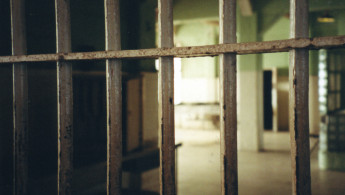Algerian journalist jailed for 'spreading fake news' over Algeria's Deglet Nour date exports
An Algerian court has jailed journalist Belkacem Houam for "spreading false news" because of an article about dates allegedly tainted with banned pesticides, reported AFP.
Houam, a journalist at Algeria's most-read newspaper Echorouk, was handed Wednesday a year-long prison sentence and a fine of 100,000 dinars (about US$710).
Most of the sentence was suspended, but he will spend at least two months behind bars.
The 41-year-old journalist was arrested last month after reporting that 3,000 tonnes of Deglet Nour date exported to France had been sent back to Algeria because they contained harmful chemicals.
The Algerian trade and agriculture ministry has denied the affair.
A similar claim was reported in March by Moroccan media, saying that Algerian dates are radioactive and contain bugs.
Algeria, the third-largest producer of dates in the world, said the allegations were politically motivated.
The journalist had been charged with "illicit speculation" and "spreading false information... to provoke a disruption in the market and a sudden and unjustified increase in prices".
Local newspaper Echorouk said that "the court cleared him of spreading false news in order to cause price hikes".
Since September, his arrest has provoked widespread indignation online, with more than 100 journalists signing a petition demanding his release.
The national journalists' union, SNJ, called Houam's arrest "an extreme and highly disproportionate measure which contravenes all texts governing the exercise of the journalistic profession" in Algeria.
The North African country ranks 134th out of 180 countries in the Reporters Without Borders press freedom index.
Algerian authorities are holding at least 280 activists and dozens of journalists in detention, mostly for defamation of politicians or because of online posts.
Human rights groups and activists say Algeria lives today in a "darker era" than that of the Bouteflika regime.





 Follow the Middle East's top stories in English at The New Arab on Google News
Follow the Middle East's top stories in English at The New Arab on Google News


